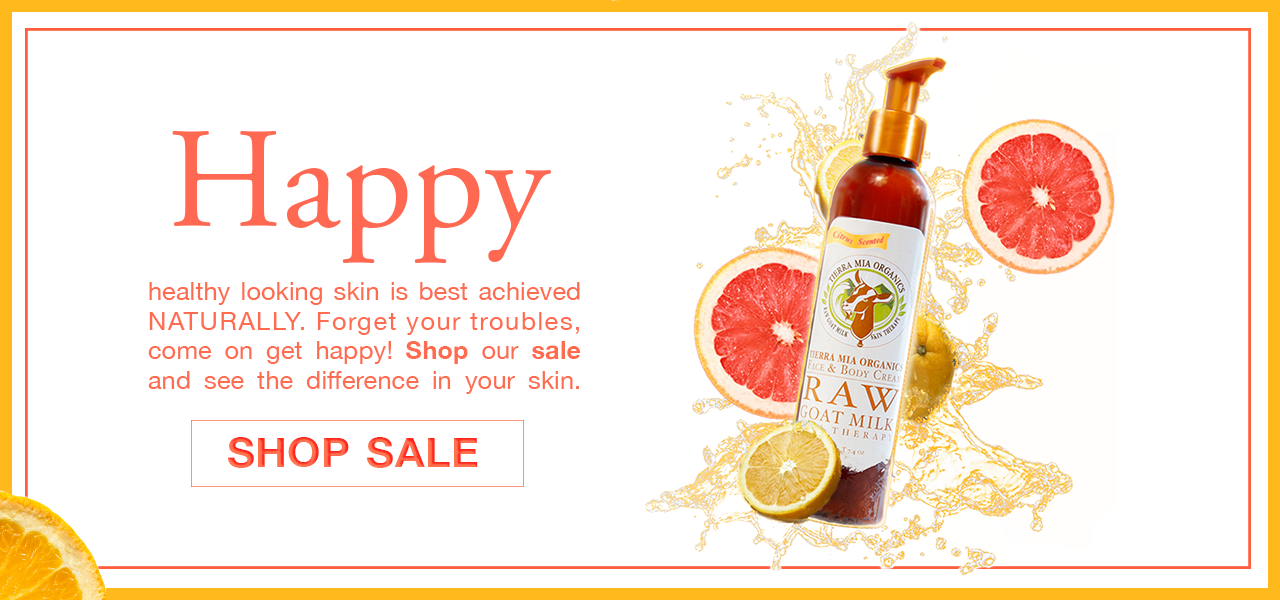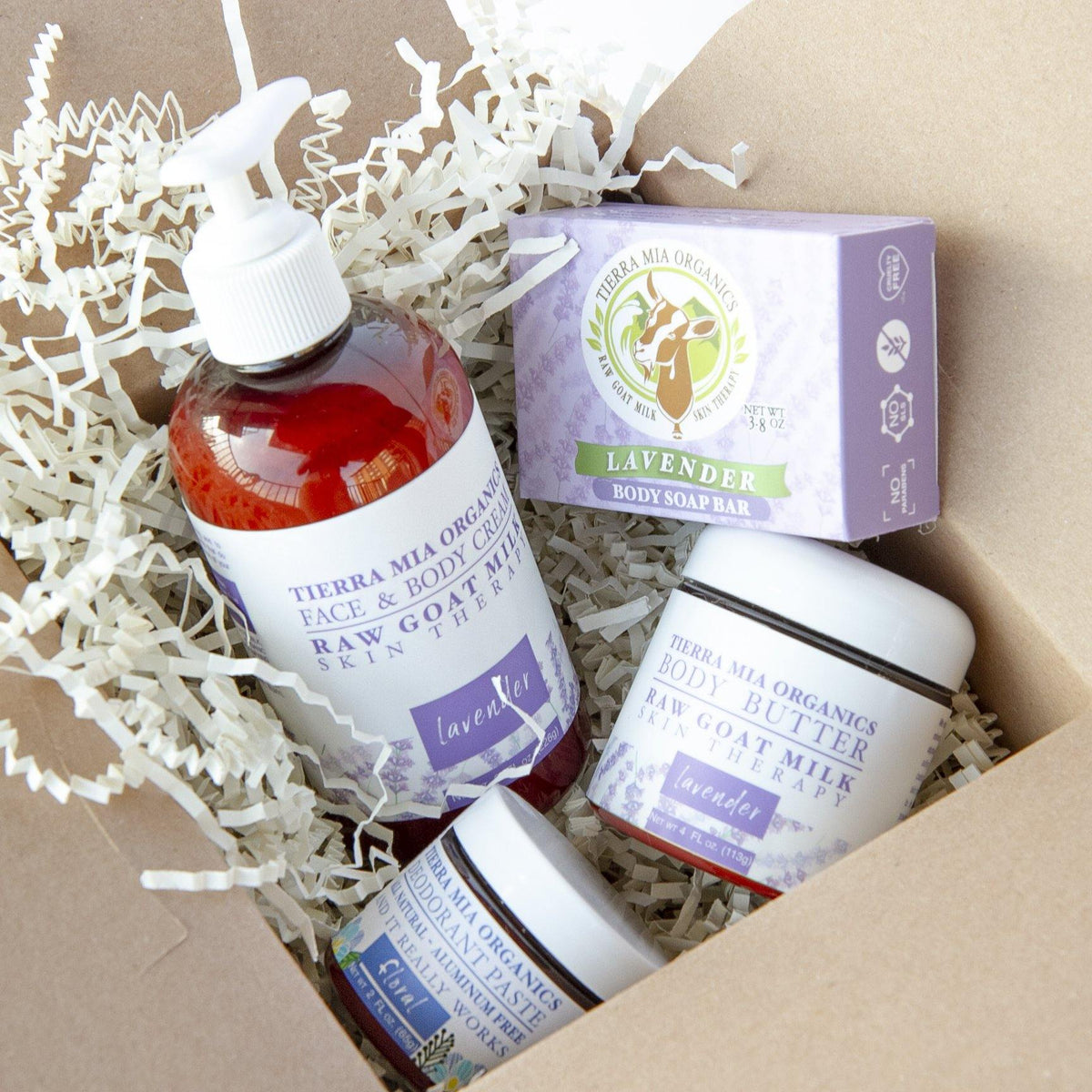5 SIMPLE TIPS TO HELP HEAL DRY CRACKED HANDS
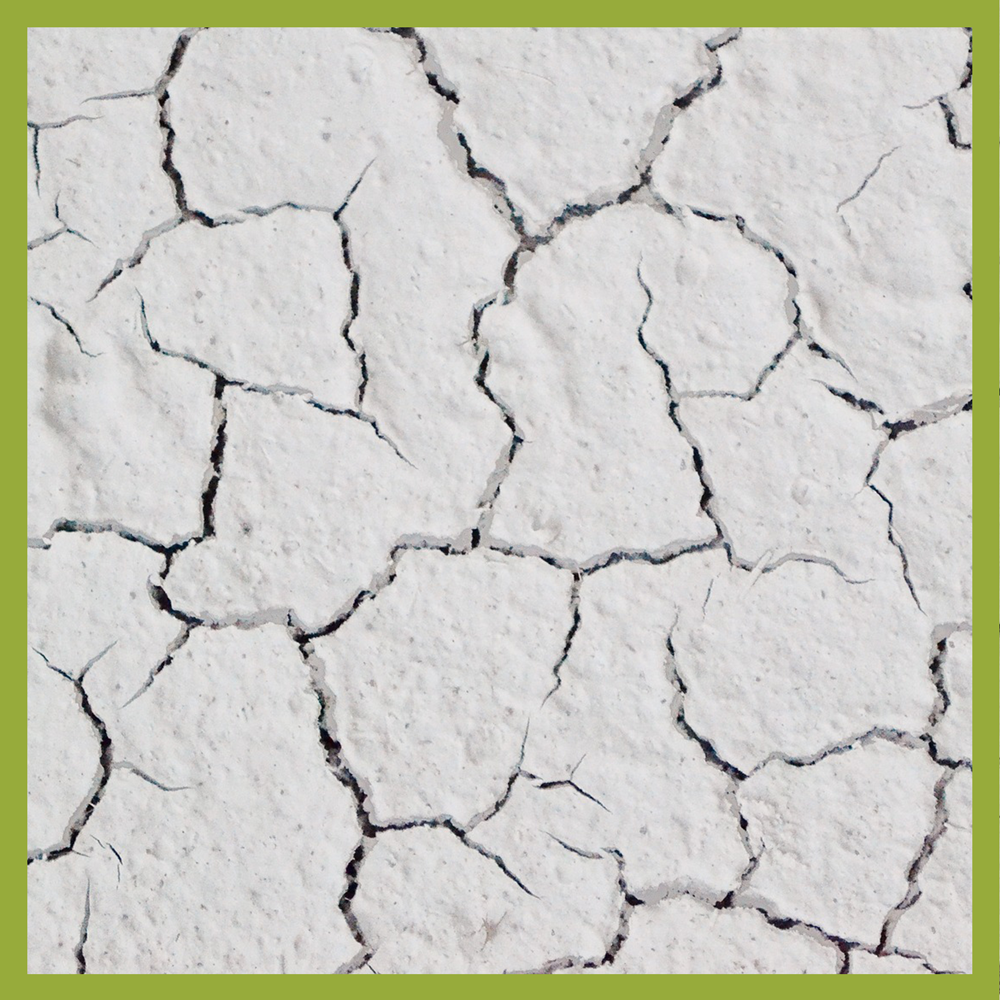
Escaping winter is possible for a few of us who can perhaps vacation for 3 months in the Caribbean, but how do the rest of us give our skin a holiday from the winter blues?
For the first time in a long time, I suffered from extremely dry hands this past holiday season and I don’t use the word suffer lightly because if suffering brings more wisdom, well, than in some areas I wish to be less wise – preferably completely ignorant even - in lots of areas.
Does achy, itchy, dry skin plague you especially at this time of year when cold weather wreaks havoc on everything in its path?
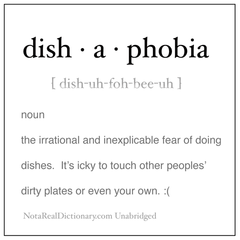 Have you ever wanted to involuntarily run the other direction at the sight of dishes or shutter at the thought of washing your hands? Dry hands can get so severe you want to avoid doing things to aggravate the pain. Dry cracked skin ranges in severity and in truth, my recent bout was nothing compared to what some individuals live with regularly. I couldn't help making a dish washing joke. ====>
Have you ever wanted to involuntarily run the other direction at the sight of dishes or shutter at the thought of washing your hands? Dry hands can get so severe you want to avoid doing things to aggravate the pain. Dry cracked skin ranges in severity and in truth, my recent bout was nothing compared to what some individuals live with regularly. I couldn't help making a dish washing joke. ====>
At first, I couldn’t understand why this was happening because thankfully I haven’t had this problem in years. If you have this problem, you know the stinging feels like a million little paper cuts on your hands and can escalade to a fever like throbbing pain. Fortunately, I had plenty of Tierra Mia Organics Face and Body Cream with me. It relieved they immediate ache, but what was the cause. The goal, for me and my over-all health is to treat the cause and get rid of the issue. Treating the symptom seems short-sided and also invites living with the symptom.
It’s only when I remembered that I had been washing my hands with liquid antibacterial soap, something I don’t use at home, that I found the cause of this irritation.
Let's talk liquid soap, antibacterial and hand-washing
We can’t stop washing our hands because it’s extra important to wash your hands at the top of the year when cold and flu season is at its height. Your hands are one of the busiest parts of your body, making your hands the number one way your body comes into contact with illness. Your hands are basically like bullet trains for germs. Next stop cold and flu! According to the CDC (Center for Disease Control) hand washing is the single most effective way to prevent the spread of infections and the spread germs happens most casually by touching another person, but it isn’t limited to handshakes and high-fives. You can also come into contact with germs when you touch contaminated objects or surfaces and then you touch your face (mouth, eyes, and nose). Think of all the door knobs, light switches and hand rails we come into contact on a daily basis?
|
If you are reading this blog post you are mostly likely enjoying the wonderful civilized modern age where restrooms are not in short supply and we can wash our hands to prevent the spread of germs. This is a great thing. Most rest rooms however have liquid soap and the next fact is important. Liquid soaps aren’t really soaps at all. That’s right. liquid antibacterial soaps are really detergents and detergents are harsh on the skin. You can read a bit more about detergents here. |
While your environment plays a role in dry hands the largest factor in chapped skin can be lack of oils. Your skin naturally produces oils, but these oils get washed away especially with harsh liquid soaps, such as antibacterial soaps.
Recently the Food and Drug Administration announced that it is pulling a wide range of antimicrobial soaps from the market, citing a lack of evidence that they work—and reinforcing the idea that they actually might exacerbate the looming threat of antibiotic resistance.
Have you heard of super bugs? Antibacterial soaps don't help the threat. Learn more about super bug here.
plain soap and water
The FDA first proposed the ban on antimicrobial soaps back in 2013. Since then, it has asked soap manufacturers to submit data showing their products did a better job of keeping disease-causing germs out of the body than plain soap and water. The agency found the results incomplete. “We didn’t get confirmation that these products are harmful,” said FDA spokeswoman Andrea Fischer. “But there’s not enough data to make the case for their effectiveness.” - full article here
| You can help your skin by ditching the harsh products. You may be surprised to find that chronic winter cracked skin is the result of the products you have in your home. Here are a few tips for avoid chronic dry hands. |
· Wear protection! Wear rubber or latex gloves when you're exposed to  detergents irritants. It is best to choose gloves that are lined with cotton. Dish washing is the one of the most common offenders
detergents irritants. It is best to choose gloves that are lined with cotton. Dish washing is the one of the most common offenders
· Use a gentle cleanser. Never skip on good hygiene. Regularly wash your hands with a gentle soap like Tierra Mia Organics Goat Milk Soap. The right soap won’t make your hands feel itchy or dry. Avoid using antibacterial, foaming, or heavily scented soaps, all of which may contain additives that strip oil from your skin. You'll also want to steer clear of alcohol-based toners and astringents which can lead to further irritation.
· Get rid of the hand-sanitizer that is loaded with alcohol. If you 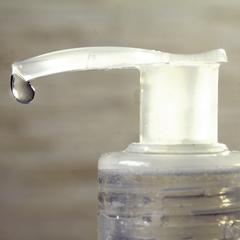 have severe dry hands, you don't want to mess with this stuff. Hand-sanitizers are right up there with anti-bacterial soap.
have severe dry hands, you don't want to mess with this stuff. Hand-sanitizers are right up there with anti-bacterial soap.
· Opt for warm water hot water strips the skin of its natural oils, the very same oils which protect it. when ever possible, wash with water that isn't pipping hot, the cooler, the better for your skin.
· Moisturize your hands often with a healthy moisturizer. Not all moisturizers are alike and moisturizing is a crucial part of relieving achy, dry skin. Establish a moisturizing routine and look to avoid the ingredients listed below as some are known to aggravate dry skin or also known to be carcinogens.
|
Petroleum jelly (petrolatum)
Parabens |
Leave a comment
Also in Using Skincare Products that are Safe on Your Skin

Understanding The Difference: Commercial vs. Handmade Soaps
Discover the Best Soap Bars and Natural Shampoo for healthy Body and Hair

